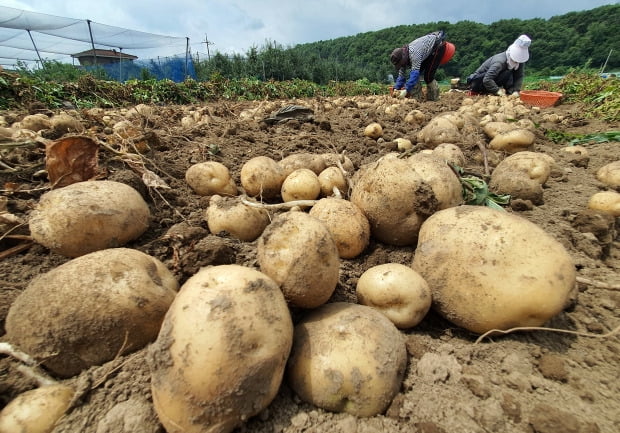
Photo = Yonhap News
There are many people looking forward to the romance of natural life and dreaming of returning to a farming village, but the reality is not easy. It is because of difficulties in relationships with neighbors or financial difficulties. It turned out that some decided to go home because of the house price.
It’s hard because of preconceived notions and prejudices
According to the results of the ‘2020 Survey on the Actual Conditions of Returning Rural Villages’ released by the Ministry of Agriculture, Food and Rural Affairs on the 24th, only 51.4% of households in the villages answered that they have a good relationship with local residents. 46.7% said it wasn’t good or bad, and 1.9% said it wasn’t good. This is the result of an interview survey of 4066 households who returned home from 2015 to 2019.
In the case of returning homes, 74.6% answered that they were good, but 2.4% answered that it was not good, which was higher than that of the returning homes. Conflict factors included preconceived notions and prejudice, conflict of interest in lifestyle, home and land issues, and participation in village work or meetings.
Only 6 out of 10 households were satisfied with the hometown. 62.1% of returnee households and 63.3% of returnees answered that they were satisfied. The reasons for dissatisfaction were lack of farming technology and experience and lack of funds.
The reason why families of returning homes and villages complained of lack of funds is that their income after returning home to villages fell sharply compared to the income level when living in the city. Household income in the first year of return to farming was 27.8 million won, which was found to have shrunk to 66% of the average household income of 41.8 million won before returning to farming. Gwichon decreased slightly from 39.32 million won to 34.36 million won.
Accordingly, the households of the returning villages were responding by fastening their belts. When comparing the monthly average living expenses before and after returning home, the number of returning households decreased from 2.69 million won to 1.84 million won, and those of returning homes decreased from 2.6 million won to 2.50 million won, respectively.
One in ten people go home because of the price of the house
When looking at the types of returning villages, there were many cases of being related or experienced in rural areas. 57.6% of U-shaped returnees were born in rural areas and lived in urban areas and then migrated to rural areas.
The reasons for returning home to farming varied. 30.5% of those who chose to return to farming cited the natural environment. 23.0% of those who came to see the possibility of development of agriculture, and 13.1% of the family business succession. Most of the respondents answered that it was because of employment (24.1%) in Gwichon. Emotional relaxation (15.3%) and natural environment (13.7%) followed. 9.6% of respondents said they returned home because of the cheap house price.
It was found that the preparation period for returning home to the farm was close to two years. The average preparation period for returning homes was 25.8 months. During this period, prospective farmers were surveyed to conduct’search for settlement area’,’search for farmland’,’education for return to farming’, and’experience for returning farming’. In particular, 47.7% of returning farm households were found to have on-line education and internships for leading farmers.
The main crops grown after returning to farming are fruit trees (22.5%), agricultural rice (21.9%), field vegetables (20.2%), and facility vegetables (10.7%).



Reporter Kang Jin-kyu [email protected]
